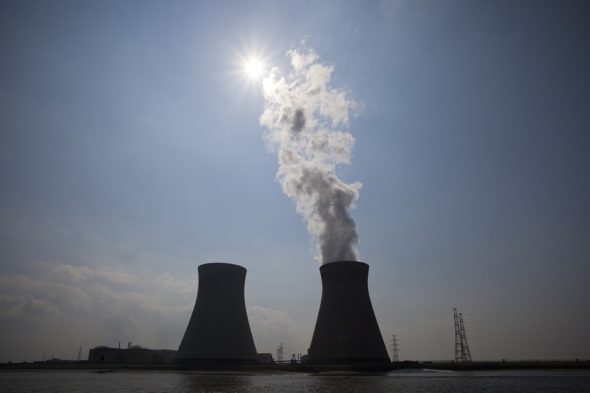What goes on in Poland on the 25th of March.
A coalition with the participation of Poland defends the nuclear energy
The leaders of the Czech Republic, France, Hungary, Poland, Romania, Slovakia and Slovenia sent a joint letter to the European Commission on the role of nuclear energy in the EU’s climate and energy policy.
– We are convinced that all available zero and low-emission technologies that contribute to climate neutrality while supporting other energy policy objectives should not only be recognized but also actively supported by the European Union. This is especially valid for nuclear power whose development is one of the primary objectives of the Treaty establishing the Euratom Community, obliging EU institutions to promote it. Also, the European Commission in its state aid decisions recognized the development of nuclear power as an objective of common interest, even though it may not be pursued by all Member States, while the Court of Justice of the EU, i.a. in a recent judgment on the Hinkley Point C project, confirmed that nuclear energy may benefit from State aid pursuant to Article 107(3)(c) TFEU, and that nuclear energy does not compromise the environmental objectives of the Treaty on the Functioning of the EU – write the leaders.
– Thus, every Member State is free to develop nuclear power or refrain from it in mutual respect and regardless of policy choices of other Member States. However, the development of nuclear sector in the EU is contested by a number of Member States despite its indispensable
contribution to fighting climate change, as well as the breadth of yet unexploited synergies between the nuclear and renewable technologies. As low-emission baseload, it guarantees the continued renewable deployment to much higher penetration levels. Nuclear power seems to be also a very promising source of low-carbon hydrogen at an affordable price and can play an important role in energy sector integration. It also generates a considerable number of stable, quality jobs, which will be important in the post-COVID recession. In the light of the above we are highly concerned that the Member State’s right to choose between different energy sources and the right to determine the general structure of the energy supply (Article 194 TFEU) is currently heavily limited by EU policy making, which excludes nuclear power from more and more policies. We appreciate support for nuclear R&D, which
was enshrined in the recent political agreements about ITER and Euratom R&D Programme. However, concentrating on technologies to be commercially applicable post 2050 as well as decommissioning activities and safety enhancements without an appropriate framework for nuclear new build could gradually phase out nuclear power and existing nuclear technologies, which will result in a significant loss of high quality jobs in many European countries. This is a great concern not only for nuclear new build but also to associated investments like adapting existing plants to hydrogen generation – reads the letter.









